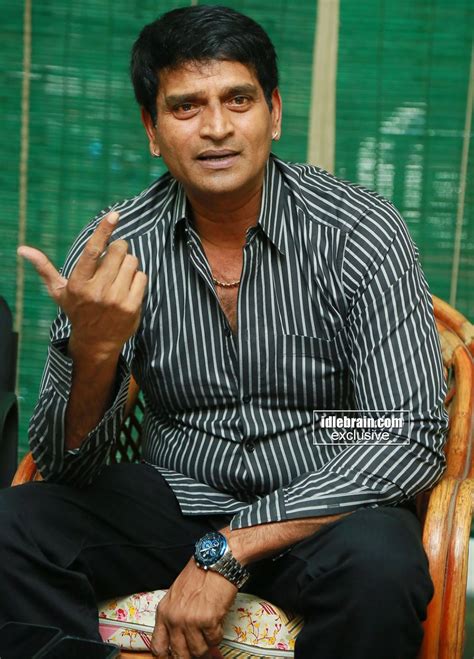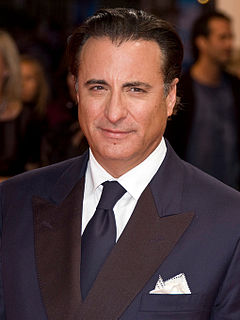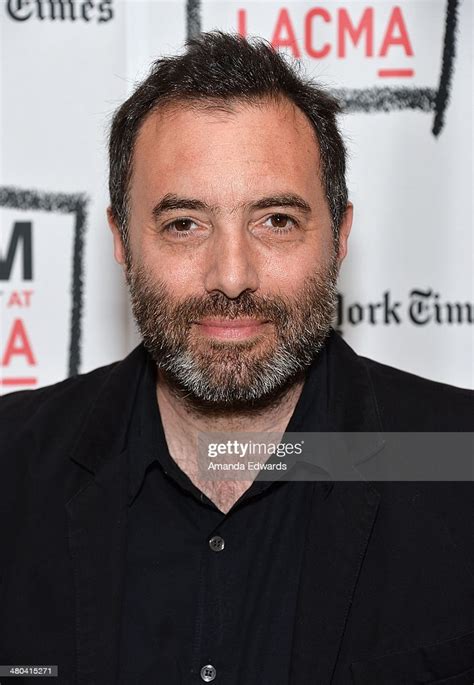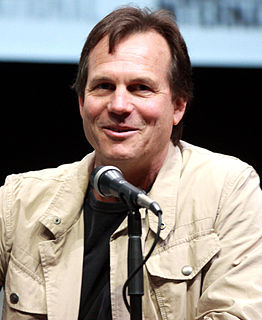A Quote by Ravi Babu
To me, success means either the audience have to like your movie or the critics have to.
Related Quotes
It's basically how I choose movie roles. Would I like to see this movie? Is this movie important? Why would I do this? And Headhunters is a movie that I would like to see in the cinema. And when it's sold to 50 countries or whatever, for me it's a great deal. I make movies for an audience so if that audience grows, I feel really honoured and thankful for it.
The difference between this film [Your highness] and Pineapple Express was pretty much in the logistics of the technical ambition of the movie, and the size and scope of the movie. Pineapple Express was a great success, and that was something that we wanted to capitalize on, but we wanted this movie to be bigger, more adventuresome, bring a bigger audience to the movie, and challenge ourselves to do something new.
The key to your success, to my success, to everyone's success is determined by our daily agenda. What you and I do every day is either making us or breaking us, we're either preparing or repairing. So when somebody says, 'John, I want to be a success. Where do I start?' I say, It's very simple. Start with today.
To the scientists of the Renaissance, your critic was really your ally, helping you advance upon reality. Critics in science are not like drama critics, determining flops and successes. Criticism to scientists is just another means of finding out whether they're wrong, like running another experiment to see if it confirms or refutes a theory. Along with the advocacy principle of the courtroom, It is one of the best ways human beings have evolved to get closer to the truth.
You want the audience to get your movie, and you want the audience to like it. It's as simple as that. If they don't understand what you're trying to say, you've failed. Of course, you can't get 100 percent of the crowd to understand the movie, but you know when you've reached the people you want to reach.
We're all so jaded. We've seen so many movies. We know what's going to happen in every single movie. I mean, there are some movies where I'm like why do I even need to keep watching? And so, if you can make a movie in which you're completely surprising the audience left and right, and left and right, then you've won. If a jaded film critic or reporter or an audience is like, "I didn't see that one coming," that to me is like a victory.
My personal success would be that people understand what I was trying to do. It was the most palatable when I watchmen_7_mdid Dawn. With Watchmen, too, I feel the same way. The movie's ironic and satirical and it's funny and serious and that's kind of the same way I felt about Dawn. Like I really was making a movie that knows it's a zombie movie and enjoys that and wants the audience to say, yeah, that's okay.

































